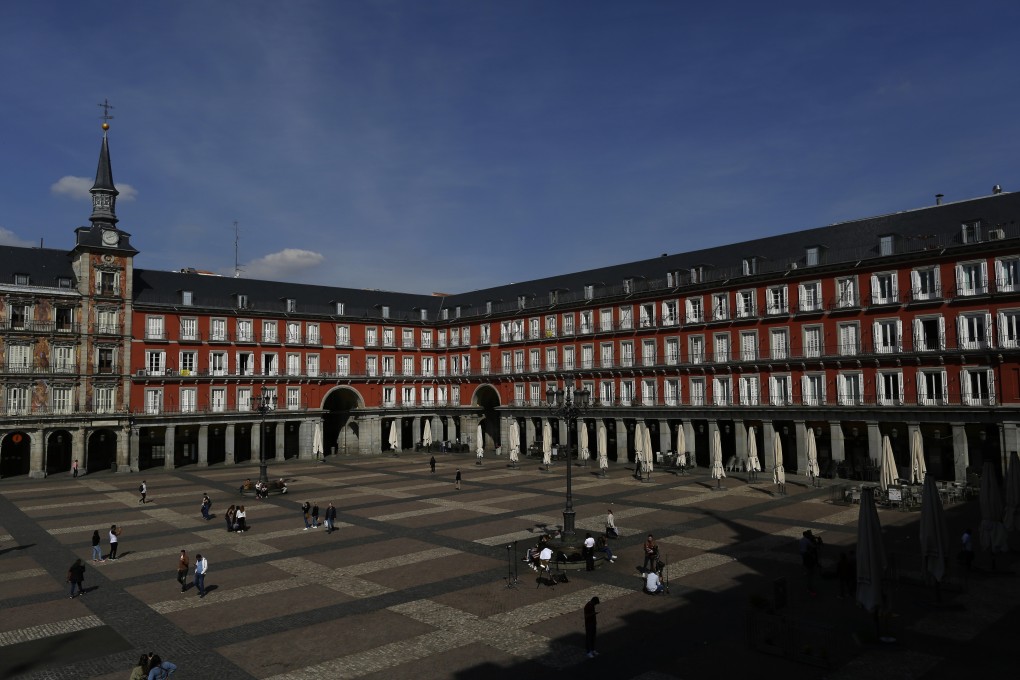Coronavirus: Spain to declare state of emergency as Covid-19 cases soar to 4,209
- Prime Minister Sanchez said the number of infections could rise to more than 10,000 next week
- As the impact of the pandemic grows across Europe, several other nations announced border controls and school closures

“There will be a cabinet meeting tomorrow to declare a state of alert across the country for a period of 15 days,” Sanchez said. “Unfortunately we cannot rule out that over the next week we could reach more than 10,000 infections,” he said.
The government would adopt a series of extraordinary measures in order “to mobilise all the resources of state to better protect the health of all of its citizens”, he said pointing to both public and private resources, as well as civilian and military.
“Several very tough weeks are ahead of us,” Sanchez added, saying Spain was “only in the first phase of the fight against the virus”.
“Victory depends on every single one of us. Heroism is also about washing your hands and staying at home.”
Spanish authorities have shut off four communities in the northeastern region of Catalonia from the rest of the country for the next two weeks.